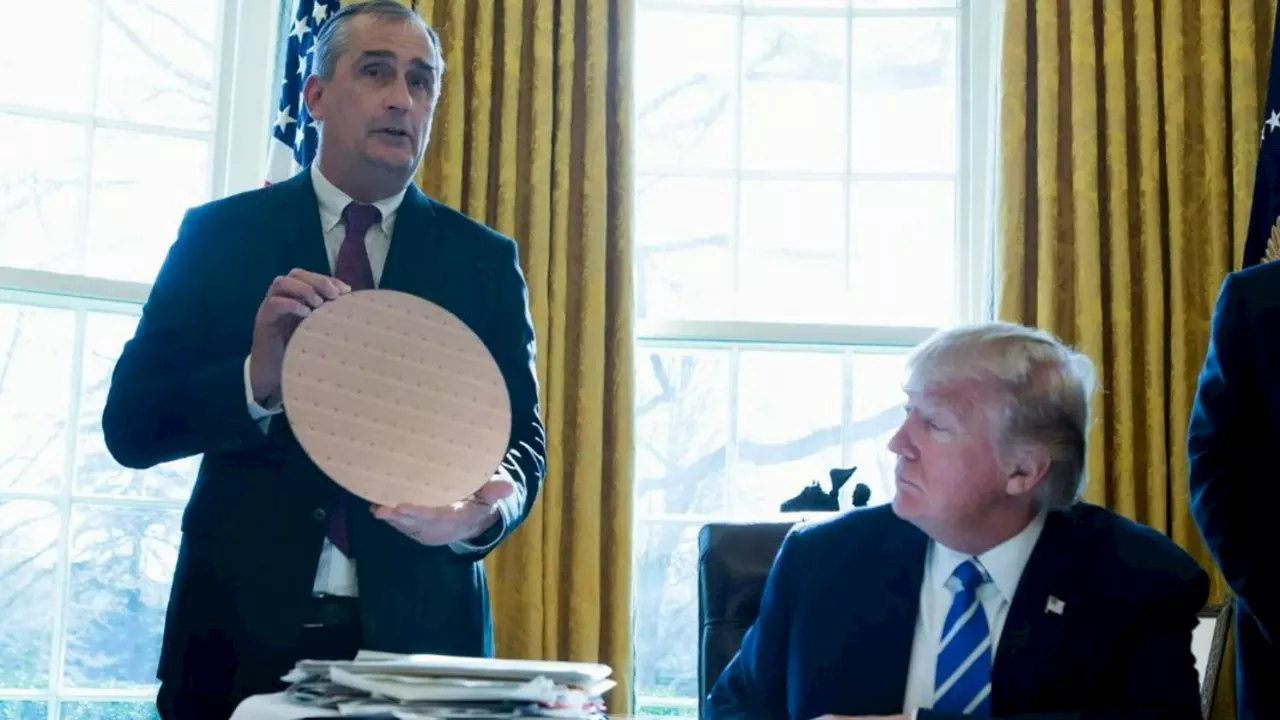The future of the CHIPS and Science Act, designed to boost domestic semiconductor production, hangs in the balance as President Donald Trump returns to the White House. After previously criticizing the legislation, Trump's administration faces pressure from both sides of the aisle regarding its commitment to the program.
The Biden administration has already awarded tens of billions of dollars under the bipartisan CHIPS and Science Act passed in 2022, aimed at bolstering domestic semiconductor production . However, the return of President Donald Trump to the White House has ignited speculation regarding the future of these projects. Trump had fiercely criticized the legislation prior to the election, declaring in an October interview on 'The Joe Rogan Experience' that 'That chip deal is so bad.
' He argued against allocating billions of taxpayer dollars to 'rich companies,' proposing tariffs on foreign-made chips as a more effective strategy to shift production to the United States.Republican House Speaker Mike Johnson initially hinted at a potential repeal of the CHIPS Act in November, stating that Republicans 'probably will' pursue this. However, he quickly retracted his remarks, clarifying in a subsequent statement that the legislation was 'not on the agenda for repeal.' Last month, Claude Barfield, a Senior Fellow at the American Enterprise Institute, penned a scathing op-ed, expressing uncertainty about the seriousness of Trump's opposition to CHIPS funding upon assuming office, noting his tendency to make impulsive statements during campaigns that often went unfulfilled. Barfield emphasized the inherent dangers and delusion of potentially scrapping the CHIPS semiconductor 'fabs' funding, highlighting the strong bipartisan support for the legislation, particularly from states where CHIPS Act funding is driving new facilities and job creation.Despite the uncertainty, Trump's nominee for Secretary of Commerce, Howard Lutnick, reportedly affirmed his commitment to advancing the CHIPS program during a staff meeting with outgoing Commerce Secretary Gina Raimondo, according to a Bloomberg report citing unnamed sources. At least one chipmaker, Taiwan Semiconductor Manufacturing Co. (TSMC), appears confident in the continued funding of its manufacturing projects in the U.S., with CFO Wendell Huang recently telling CNBC that the firm anticipates receiving the $6.6 billion awarded to construct three facilities in Arizona. Intel, the primary beneficiary of the CHIPS Act, prominently mentioned the program when congratulating Trump on his inauguration. Industry analysts predict that the CHIPS Act will largely remain intact under Trump 2.0, with possible minor adjustments. Scott Lincicome, Vice President of General Economics and Trade at the Cato Institute, suggests that superficial changes to the law's enforcement are likely, but major overhauls are improbable. Lincicome points to Trump's previous endorsement of semiconductor production on American soil, his national security concerns regarding manufacturing chips domestically, and the politically significant locations of these chip projects. He concludes that the core funding figures of the CHIPS Act are unlikely to change significantly, although some aspects of the Biden administration's implementation, such as mandatory childcare for construction workers and DEI-related provisions, might be revised
CHIPS Act Donald Trump Semiconductor Production Taiwan Semiconductor Manufacturing Co. Intel Bipartisan Legislation Foreign Tariffs National Security Economic Policy
United States Latest News, United States Headlines
Similar News:You can also read news stories similar to this one that we have collected from other news sources.
 Trump's Return to White House Sparks Uncertainty Over CHIPS Act FundingWhile the Biden administration has invested billions in domestic semiconductor production through the CHIPS and Science Act, President Trump's return to the White House raises questions about the future of these projects. Trump has previously criticized the legislation, suggesting tariffs on foreign-made chips as a better alternative. Despite initial comments from Republican lawmakers hinting at potential repeal, industry experts remain optimistic that the CHIPS Act will largely remain intact, though some minor adjustments to its implementation are possible.
Trump's Return to White House Sparks Uncertainty Over CHIPS Act FundingWhile the Biden administration has invested billions in domestic semiconductor production through the CHIPS and Science Act, President Trump's return to the White House raises questions about the future of these projects. Trump has previously criticized the legislation, suggesting tariffs on foreign-made chips as a better alternative. Despite initial comments from Republican lawmakers hinting at potential repeal, industry experts remain optimistic that the CHIPS Act will largely remain intact, though some minor adjustments to its implementation are possible.
Read more »
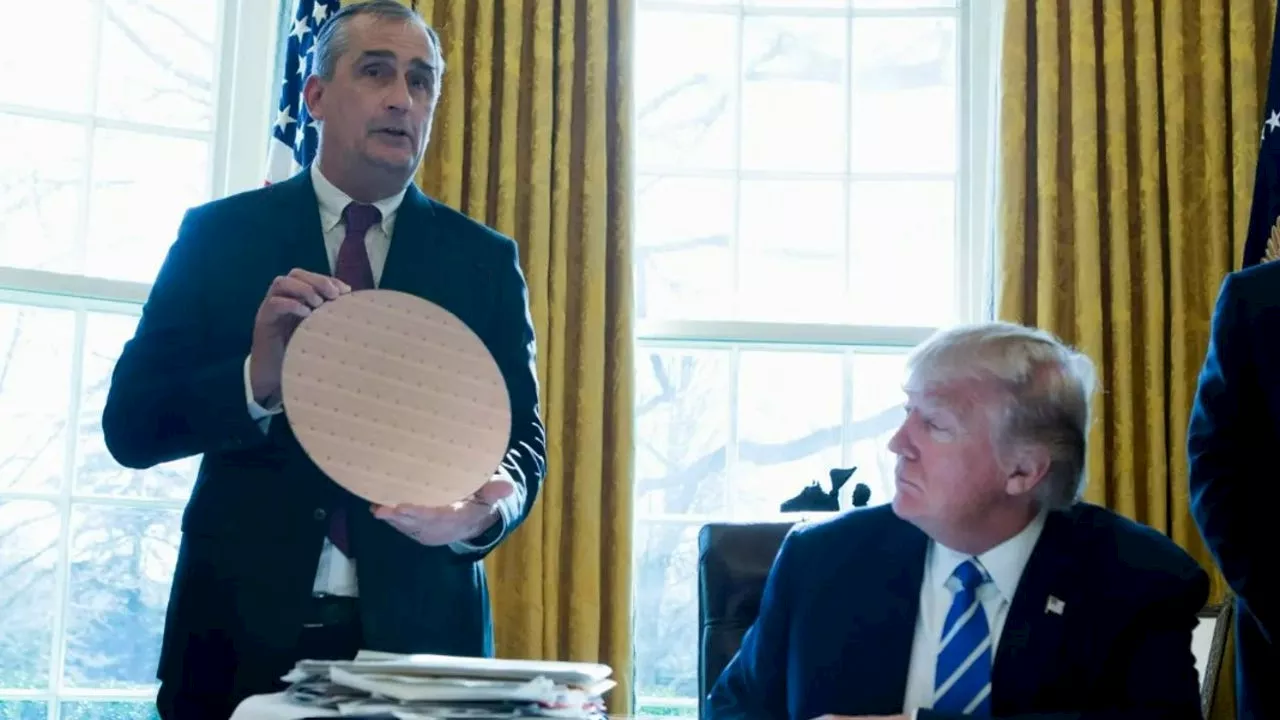 Trump's Return to White House Fuels Uncertainty Over CHIPS Act FundingThe future of the CHIPS and Science Act, which has allocated billions to boost domestic semiconductor production, hangs in the balance as President Trump returns to the White House. Trump's past criticism of the legislation and his administration's stance towards its implementation remain unclear, prompting speculation about potential changes to the program.
Trump's Return to White House Fuels Uncertainty Over CHIPS Act FundingThe future of the CHIPS and Science Act, which has allocated billions to boost domestic semiconductor production, hangs in the balance as President Trump returns to the White House. Trump's past criticism of the legislation and his administration's stance towards its implementation remain unclear, prompting speculation about potential changes to the program.
Read more »
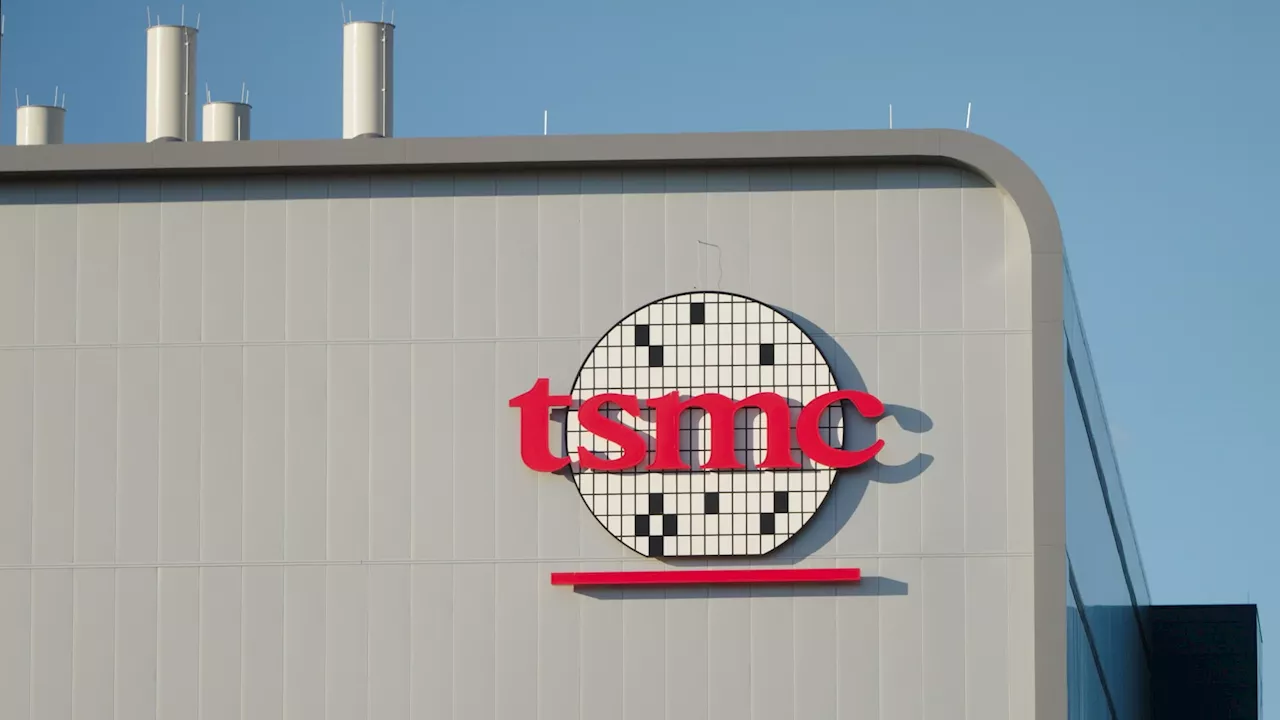 TSMC is confident its CHIPS Act funding will continue under Trump, says CFO Wendell HuangTSMC is confident it will continue to receive CHIPS Act funding in the U.S. under the incoming Donald Trump administration, says its Chief Financial Officer.
TSMC is confident its CHIPS Act funding will continue under Trump, says CFO Wendell HuangTSMC is confident it will continue to receive CHIPS Act funding in the U.S. under the incoming Donald Trump administration, says its Chief Financial Officer.
Read more »
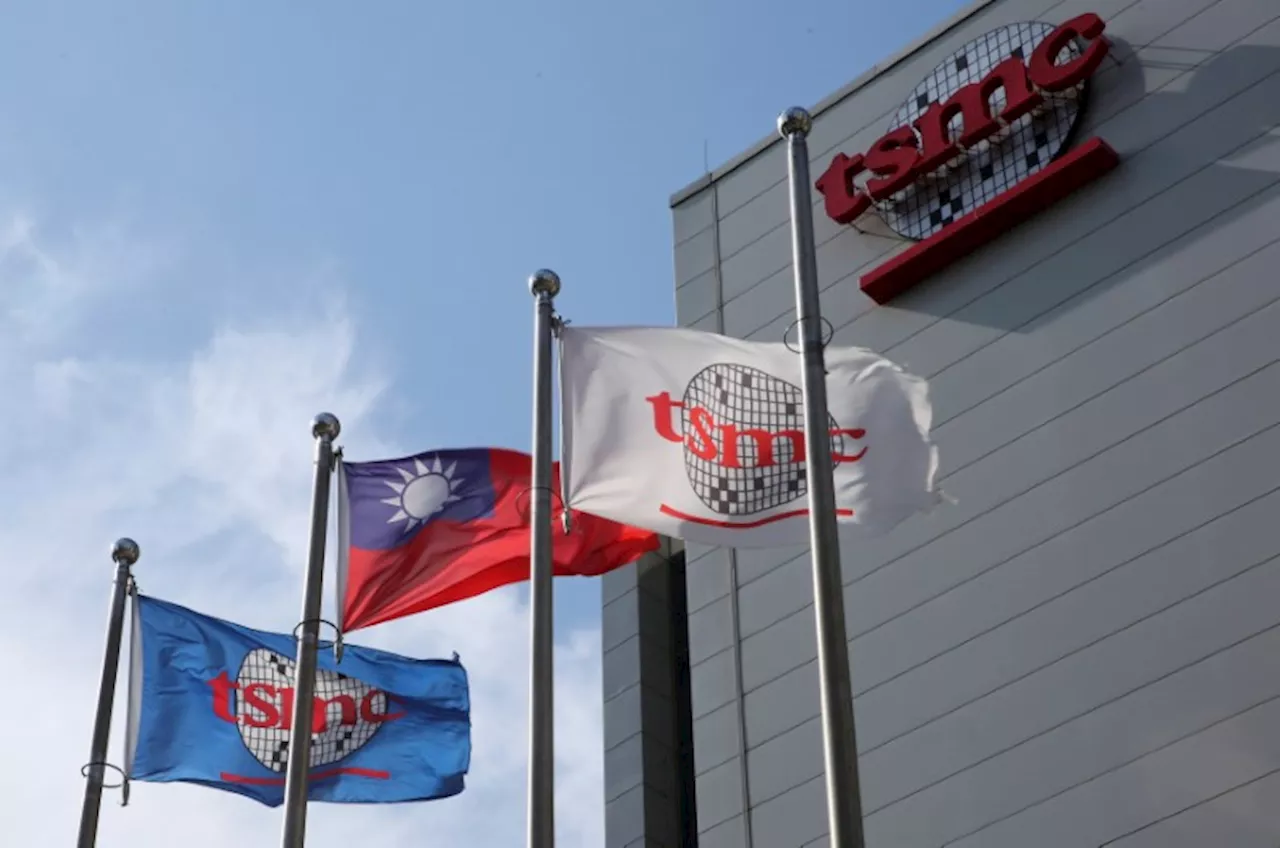 TSMC confident CHIPS Act funding will continue under Trump, CFO Huang tells CNBCTSMC confident CHIPS Act funding will continue under Trump, CFO Huang tells CNBC
TSMC confident CHIPS Act funding will continue under Trump, CFO Huang tells CNBCTSMC confident CHIPS Act funding will continue under Trump, CFO Huang tells CNBC
Read more »
 Future of CHIPS Act under Trump administration in questionPresident Donald Trump previously criticized the CHIPS and Science Act, leading to speculation over whether the law could be repealed or tweaked under the new administration.
Future of CHIPS Act under Trump administration in questionPresident Donald Trump previously criticized the CHIPS and Science Act, leading to speculation over whether the law could be repealed or tweaked under the new administration.
Read more »
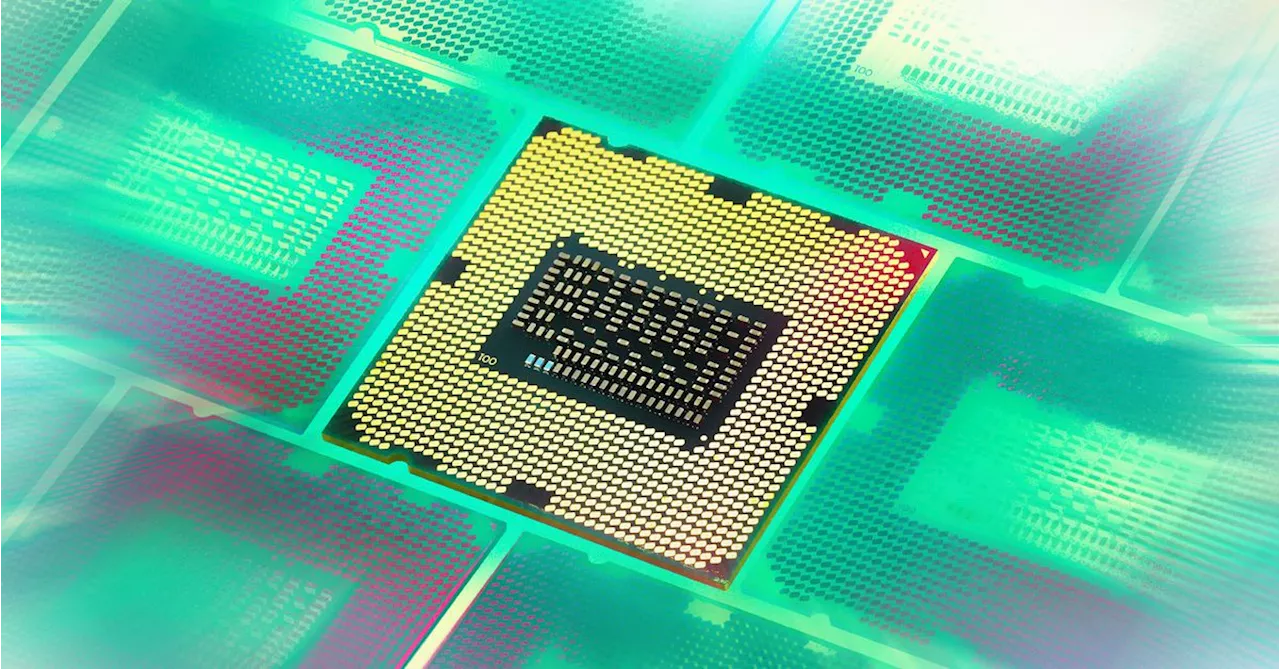 Samsung and Texas Instruments Receive $6 Billion in CHIPS Act FundingThe US Commerce Department has awarded over $6 billion in funding to Samsung and Texas Instruments under the CHIPS Incentives Program. Samsung will receive $4.745 billion for its planned $37 billion investment in Texas chip facilities, while Texas Instruments will get $1.61 billion to support its $18 billion spending on new wafer fabs.
Samsung and Texas Instruments Receive $6 Billion in CHIPS Act FundingThe US Commerce Department has awarded over $6 billion in funding to Samsung and Texas Instruments under the CHIPS Incentives Program. Samsung will receive $4.745 billion for its planned $37 billion investment in Texas chip facilities, while Texas Instruments will get $1.61 billion to support its $18 billion spending on new wafer fabs.
Read more »
